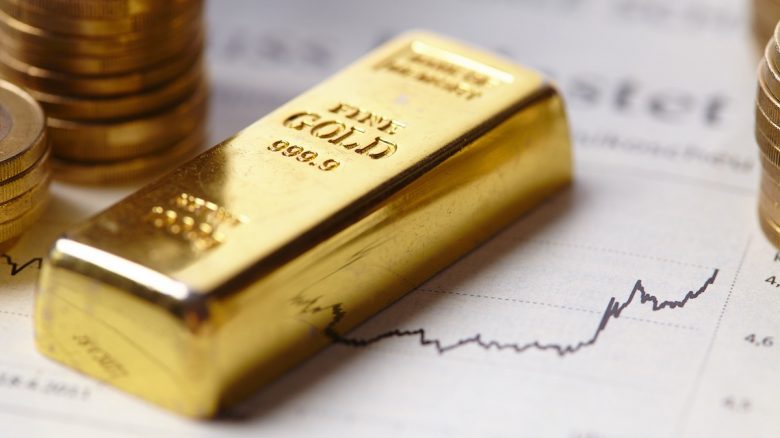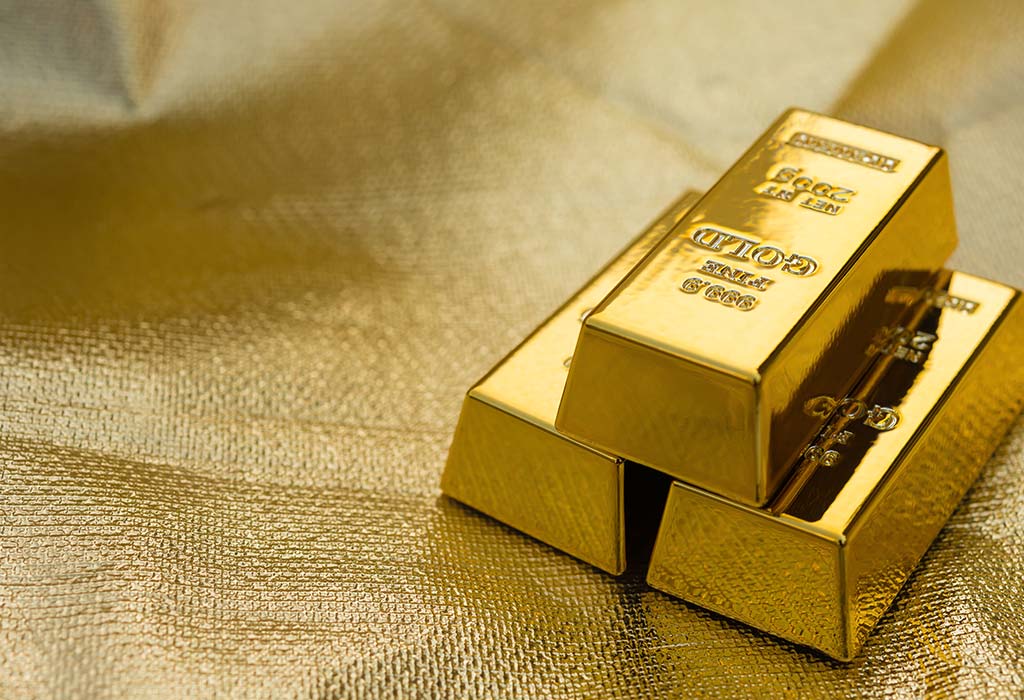Gold may be invested in several ways, including through ETFs, directly purchasing the metal, or purchasing shares in gold mining or related firms. There are as many motivations for these buyers to buy metal as there are ways to get it. A minority think gold is a remnant from the dark ages and is no longer a reliable store of value.
Paper cash is the standard form of payment in today's economy. Some people argue that gold is valuable because it can be fashioned into ornaments and jewelry. However, many say that gold is an asset that is both rare and important for investors to have.
What We Know About Gold's Past In Brief

One needs to go back to the beginning of the gold market to have a comprehensive grasp of gold's function. Predating the ancient Egyptians who first began casting gold into jewelry and holy objects is a long and illustrious history of the metal's use in human culture. 2 However, gold didn't start to be used as money until around 560 B.C.
American Bimetallic Formalism
In 1792, the United States government established a bimetallic standard, continuing its long-standing use of gold as currency. Under the bimetallic standard, every dollar in circulation in the United States was required to be backed by either gold or silver. Example: One U.S. dollar was worth 24.75 grains of gold. That is to say, the gold in the bank was the equivalent value of the coins in circulation. 6
However, this exemplary status did not remain forever. Several significant developments occurred in the 1900s that paved the way for the elimination of gold as money. The Federal Reserve System was established in 1913 and immediately began issuing gold-backed promissory notes.
Gold's Role In The Contemporary Economy

Gold's historical significance has not been diminished because it is no longer used to back the U.S. dollar or any other global currency. Consistently, it plays a significant role in the international economy. One needs to peruse the financial statements of central banks and other financial institutions like the International Monetary Fund to see that this is true.
These institutions hold about 20% of the world's gold reserves. And because of worries about the world economy's future, several national central banks have increased their existing gold stockpiles.
Gold Is a Safe Investment
Gold's relevance in the current economic system is based on the fact that it has been used to reliably store wealth for thousands of years. Nonetheless, you can't say the same about currencies denominated on paper. Below is an illustration to help put things in context:
When I was a kid in the early 1970s, $35.9 was the price of one ounce of gold. Let's pretend you had the option of retaining the $35 or exchanging it for an ounce of gold at the time.
Both parties would offer to provide you with identical gifts, such as a new business outfit or an expensive bicycle. While $35 would still get you a decent used suit if translated to today's pricing, an ounce of gold would get you a brand new one.
Gold as a Dollar Hedge
When the U.S. dollar is falling in value and inflation is on the rise, the belief that gold secures wealth becomes even more appealing to investors. Gold has traditionally been used as insurance against both of these risks. Gold prices tend to rise when inflation increases.
When people see their money losing value, they shift their holdings toward a more stable asset. When inflation rates are also on the rise, as they were in the 1970s, gold prices tend to rise. Since gold is traded worldwide in U.S. dollars, its value increases when the currency falls.
Gold as a Secure Haven
It is becoming increasingly clear that political and economic unpredictability is another fact of our current economic environment, whether it be the tensions in Eastern Europe, the Middle East, Africa, or elsewhere. Consequently, investors often view gold as a shelter during political and economic instability. Empires fall, governments fall, and currencies fail throughout history.
Incorporating Gold into Your Portfolio
To invest in gold is to spread your risk over several different markets. Whether you're concerned about inflation, a weakening U.S. currency, or want to diversify your holdings, it's evident that gold may serve as a valuable addition to your portfolio. Gold is uncorrelated with stocks, bonds, and real estate, making it an attractive diversification option.
The Verdict
Every investment comes with its share of pros and cons. Buying stock in a gold mining firm might be a more secure option if you don't want to store real gold. If you think gold would be a good hedge against inflation, you can build wealth in the metal by purchasing coins, bullion, or jewelry.



